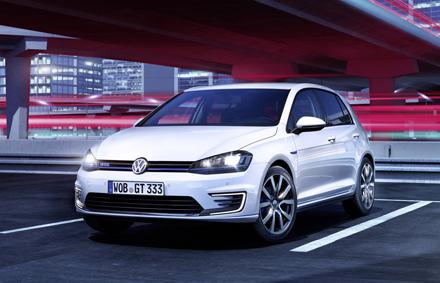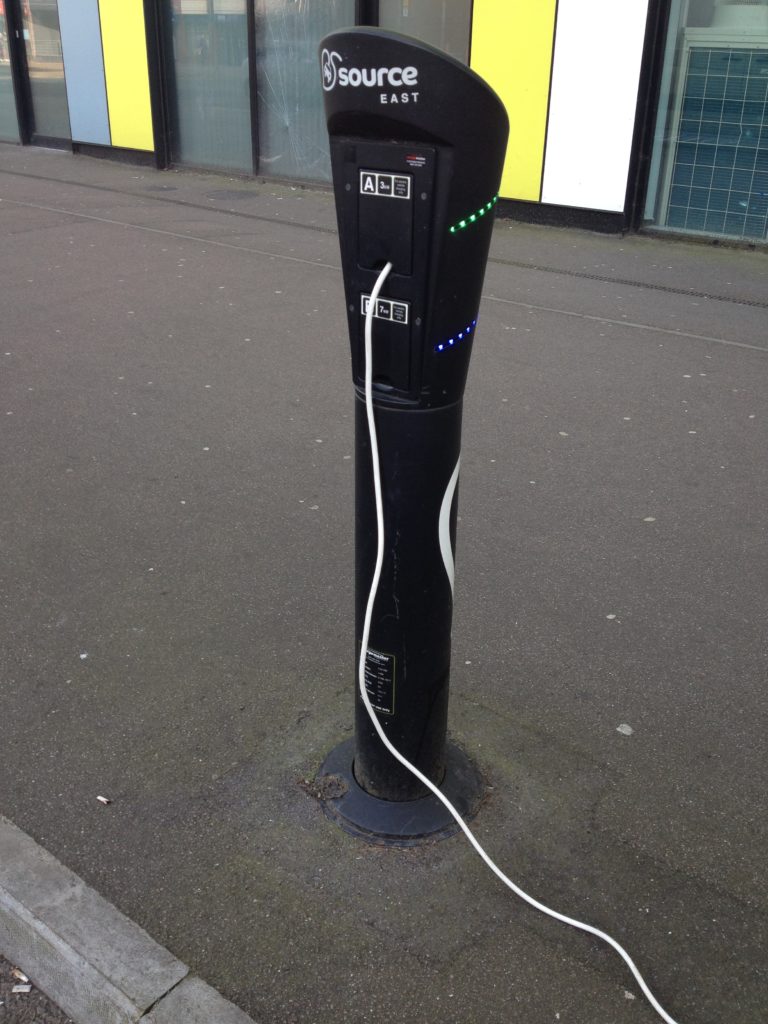 Many years ago-when I was a newly passed driver, the choice of car for me to own was limited to petrol or diesel. At the time it was an easy choice for me, because diesel vehicles were mainly vans; small or large and the noise they made was significantly louder than most petrol vehicles on the road.Times have now changed. Diesel cars are widely available and less noisy – hybrids can be seen regularly on our roads and electric cars and charging ports are on the rise.
Many years ago-when I was a newly passed driver, the choice of car for me to own was limited to petrol or diesel. At the time it was an easy choice for me, because diesel vehicles were mainly vans; small or large and the noise they made was significantly louder than most petrol vehicles on the road.Times have now changed. Diesel cars are widely available and less noisy – hybrids can be seen regularly on our roads and electric cars and charging ports are on the rise.
Does it ever leave you wondering what is the right car for you and what is the difference between Petrol-Diesel-Hybrid-Electric cars?
At A Pass 4 U we thought we would share with you a little bit about each type of vehicle, to assist your thinking when deciding what is the right choice of car for your needs.
Petrol:
Petrol is cheaper to buy at the pump than diesel and these types of cars offer a smooth, fast, quiet ride. On a petrol car the engine rev needs to be higher for gear changing and most small cars have petrol engines – to include a diesel engine in most, would add to the cost of making the model. Petrol cars are the most common ones made.
Diesel:
Diesel is more expensive to buy at the pump. Years ago diesel fuel was cheaper than petrol and this was sometimes a reason drivers chose to buy this type of vehicle. Diesel cars are noisier on start up than petrol models but having owned one myself, I can say that in the new kinds of diesel engine cars, the noise is not significant. This type of car can be more fuel efficient when on long journeys out of town. We used ours for travelling in Europe and found it very fuel efficient but around town it used a similar amount of fuel to a petrol car-costing us more as we were buying diesel. The length of journeys I would be regularly taking, definitely would influence my decision on which type of engine to buy.
Hybrid:
I remember the first Hybrid car I saw was a Prius – it was not a thing of beauty to me and although I like to consider myself, someone who thinks about the environment and wider world when considering how to live a healthy productive and environmentally friendly life. I wouldn’t have wanted to own one-although I am sure many people happily do!
 Now there are many new hybrids coming through. I’ve picked a Volkswagen to share with you, as they have brought out a sexy little Golf GTE Hatchback 1.4 litre version which can run for 31 miles on Battery alone but can still be run normally. The battery can be charged for 3 and a half hours from a domestic mains outlet /2 and a half hours from a domestic wallbox and the electric motor is integrated with the hybrid gearbox, meaning you can switch easily from petrol to electric.
Now there are many new hybrids coming through. I’ve picked a Volkswagen to share with you, as they have brought out a sexy little Golf GTE Hatchback 1.4 litre version which can run for 31 miles on Battery alone but can still be run normally. The battery can be charged for 3 and a half hours from a domestic mains outlet /2 and a half hours from a domestic wallbox and the electric motor is integrated with the hybrid gearbox, meaning you can switch easily from petrol to electric.
Other Models you can buy are:
BMWi3 Hatchback. Mitsubishi Outlander PHEV SUV. Vauxhall Ampera Hatchback. Volvo V60, Plug In Hybrid.
Electric:
An electric car is run by an electric motor. They are lower in emissions due to this. The problem with electric cars has always been how the long the charge will last which constricts the amount of distance you can travel before recharging. The newer electric cars are beginning to extend their range. E.G The Nissan Leaf has a driving range of 123 miles. The e-Golf can be fully charged from a rapid charge point in 30 minutes and has a range of 118 miles.
Vehicle tax and subsidies
The electricity must come from an external source or an electric storage battery not connected to any source of power when the vehicle is moving to be exempt from vehicle tax.
You can get a grant towards the cost of each new electric (plug-in) car or van you buy, if it meets certain conditions.
Grants are available for:
- 25% off the cost of a car, up to a maximum of £5,000
- 20% off the cost of a van, up to a maximum of £8,000
A Pass 4 U offers both Diesel and Petrol cars for Driving Lessons.


